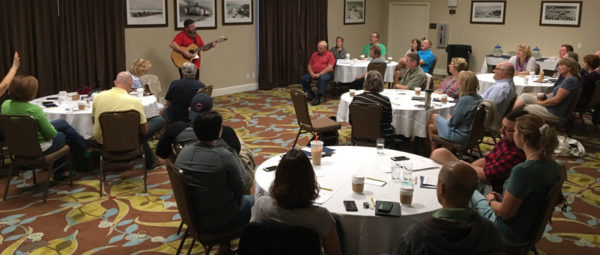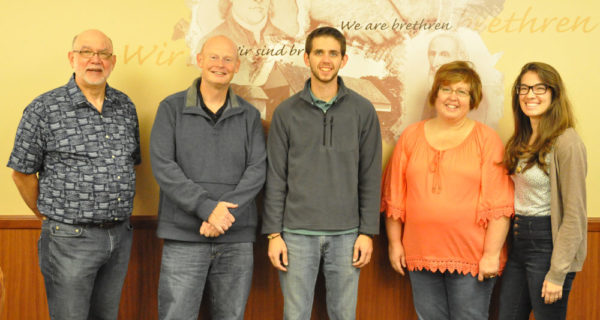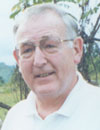21 Nov 2017 UB Youth Workers Summit
Details have been set for the 2017 UB Youth Workers Summit.
Date: April 24-28, 2017
Hotel: Hilton Gardens Inn
Address: 2560 N. Atlantic Ave., Daytona Beach, FL 32118
This is an annual event of encouragement and training for persons in youth ministry. It is available for the lead youth ministry workers (fulltime, part-time, or volunteer) in every United Brethren church. About 25 youth persons usually attend.
The Summit is a great time of networking with other youth leaders and being encouraged by others who are in the trenches of youth ministry. They enjoy the beach, the golf course, and incredibly beautiful weather, along with the chance to slow down and step away from the constant demands of youth ministry.
Looking ahead: The 2018 Youth Summit will be held April 23-26, 2018, in Daytona Beach, Fla.


 Pastor Charles Simmons (right) passed away October 17, 2016, at age 77. He served 21 years as senior pastor of Liberty UB Church (Stockport, Ohio) before retiring in 2015.
Pastor Charles Simmons (right) passed away October 17, 2016, at age 77. He served 21 years as senior pastor of Liberty UB Church (Stockport, Ohio) before retiring in 2015.
 Kyle McQuillen (right) was a UB missionary in Sierra Leone, and served as Director of Missions 1993-2001. He retired in Florida, but has remained active in ministry with a prison and a church. In 2011 he was diagnosed with non-Hodgkin’s lymphoma, and began aggressive chemotherapy which lasted until April 2012.
Kyle McQuillen (right) was a UB missionary in Sierra Leone, and served as Director of Missions 1993-2001. He retired in Florida, but has remained active in ministry with a prison and a church. In 2011 he was diagnosed with non-Hodgkin’s lymphoma, and began aggressive chemotherapy which lasted until April 2012.